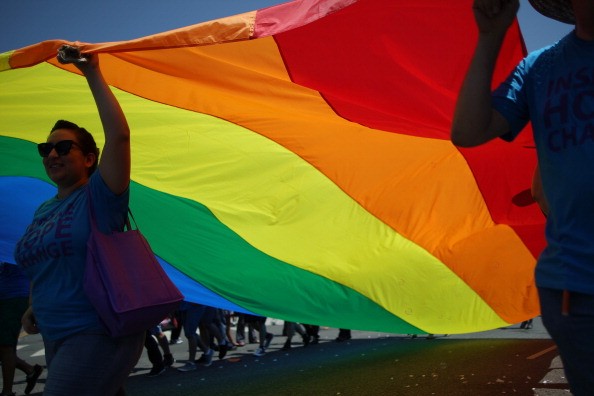
Being "out" as lesbian, gay, bisexual, or transgender while you are a teen may lead to better self-esteem and less depression when you are an adult. This is true despite the fact that being out to others can lead to a greater risk of victimization while at school.
Studies have already shown that adults do better after they disclose the fact that they are lesbian, gay, bisexual, or transgender. But there has been little study of whether or how being open about sexuality in middle or high school affects mental health in adulthood.
A study of 245 lesbian, gay, bisexual, or transgender adults aged 31 to 25 in California were surveyed about whether they had been open about their sexual orientation while they were in middle and high school. They were also surveyed about issues such as depression, self-esteem, and whether they were satisfied with their lives.
The young adults reported that they had been victims of abuse during their school years, but it turns out that they received abuse whether they were open about their sexuality or not. In other words, hiding their sexual orientation was generally not successful in preventing abuse. However, when the researchers accounted for that abuse, the young adults who were open about their sexuality in school were better adjusted than the ones who had not been so open.
The authors of the study concluded that these results are significant. School-based health and mental health professionals need to be trained to help teens deal with their sexuality, they noted. Parents and others need education and guidance to help create a safe environment at school, perhaps creating a gay-straight alliance group. Schools also need to develop school policies and educational practices that help lesbian, gay, bisexual, and transgender youth, they stated.
The study was published in the American Journal of Orthopsychiatry.

